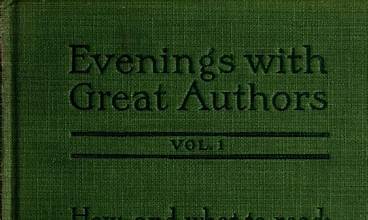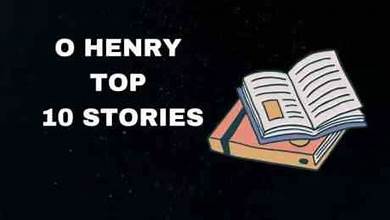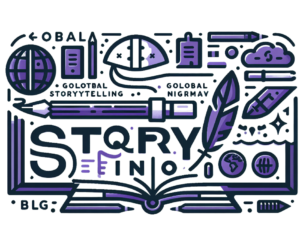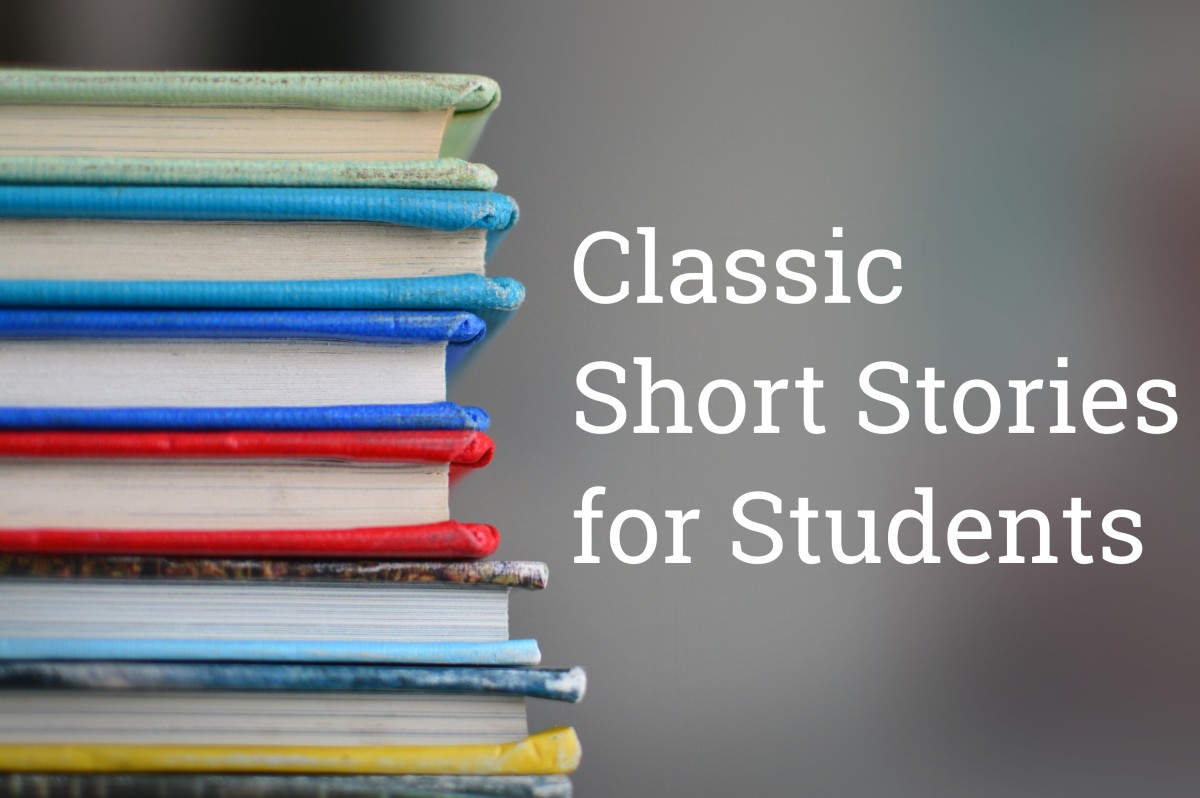Classic short stories have long been a treasure trove of literary brilliance. Their ability to capture profound insights within a brief narrative makes them an enduring aspect of literary culture. As we navigate the complexities of the modern world, rediscovering these timeless gems can offer both solace and perspective. This article explores top picks of classic short stories that resonate with today’s readers and provides insights into why these stories remain relevant in our fast-paced digital age.
1. “The Lottery” by Shirley Jackson
Shirley Jackson’s “The Lottery,” first published in 1948, remains a powerful critique of societal norms and human nature. The story, set in a small town with a seemingly benign tradition, reveals a shocking and brutal ritual. Its themes of conformity, tradition, and the dark side of human nature continue to provoke thought and discussion. For modern readers, this story serves as a stark reminder of the potential for cruelty within societal structures and the need for critical examination of traditions.
2. “A Good Man is Hard to Find” by Flannery O’Connor
Flannery O’Connor’s “A Good Man is Hard to Find” delves into themes of morality, family dynamics, and redemption. The story follows a family on a road trip that takes a dark turn, leading to an encounter with a notorious criminal. O’Connor’s exploration of grace and human fallibility speaks to contemporary concerns about ethics and the search for meaning. The complex character interactions and unexpected twist make this story a compelling read for modern audiences.
3. “The Tell-Tale Heart” by Edgar Allan Poe
Edgar Allan Poe’s “The Tell-Tale Heart” is a masterclass in psychological horror and the exploration of guilt. Poe’s meticulous attention to the narrator’s descent into madness provides a chilling examination of the human psyche. The story’s intense focus on the narrator’s inner turmoil and the inevitable unraveling of their sanity make it a timeless piece that continues to captivate readers. Its exploration of themes like guilt, paranoia, and the impact of conscience is particularly relevant in today’s era of psychological awareness.
4. “Harrison Bergeron” by Kurt Vonnegut
Kurt Vonnegut’s “Harrison Bergeron” is a satirical take on the concept of enforced equality. Written in 1961, the story imagines a dystopian future where the government imposes physical and mental handicaps to ensure everyone is equal. The story raises important questions about individuality, freedom, and the consequences of extreme egalitarianism. In an age where debates about equality and personal freedom are prominent, Vonnegut’s story offers a provocative lens through which to examine these issues.
5. “The Necklace” by Guy de Maupassant
Guy de Maupassant’s “The Necklace” is a poignant tale of vanity, pride, and the consequences of deception. The story follows Mathilde Loisel, who borrows a necklace for a high-society event, only to lose it and face years of hardship as a result. The story’s twist ending, revealing the true value of the necklace, underscores themes of materialism and the often-overlooked value of honesty. In a world where appearances often overshadow reality, “The Necklace” provides a valuable lesson in humility and the perils of superficiality.
6. “The Yellow Wallpaper” by Charlotte Perkins Gilman
Charlotte Perkins Gilman’s “The Yellow Wallpaper” is a seminal work in feminist literature. The story chronicles the narrator’s descent into madness, driven by the oppressive treatment prescribed by her husband. The wallpaper in her room becomes a symbol of her confinement and the struggle for self-expression. The story’s exploration of mental health and women’s autonomy resonates deeply in contemporary discussions about gender and psychological well-being. Its vivid portrayal of the narrator’s internal conflict and the constraints imposed by societal norms make it a powerful read for modern audiences.
7. “The Cask of Amontillado” by Edgar Allan Poe
Another classic by Edgar Allan Poe, “The Cask of Amontillado” is a tale of revenge and deceit. The story’s narrator, Montresor, seeks to avenge a perceived insult by luring his victim, Fortunato, into a catacomb and sealing him inside a wall. The themes of retribution and the nature of justice are explored through Poe’s suspenseful narrative and intricate plot. This story continues to intrigue readers with its exploration of human motives and the macabre.
Conclusion
Rediscovering classic short stories offers modern readers a chance to engage with timeless themes and narratives that remain relevant in today’s world. These stories, with their rich character development and profound insights, provide valuable perspectives on human nature and societal issues. Whether exploring the darker aspects of human psychology or reflecting on the consequences of societal norms, these classics continue to captivate and challenge readers. As we navigate our contemporary landscape, turning to these literary treasures can offer both inspiration and a deeper understanding of the human condition.












